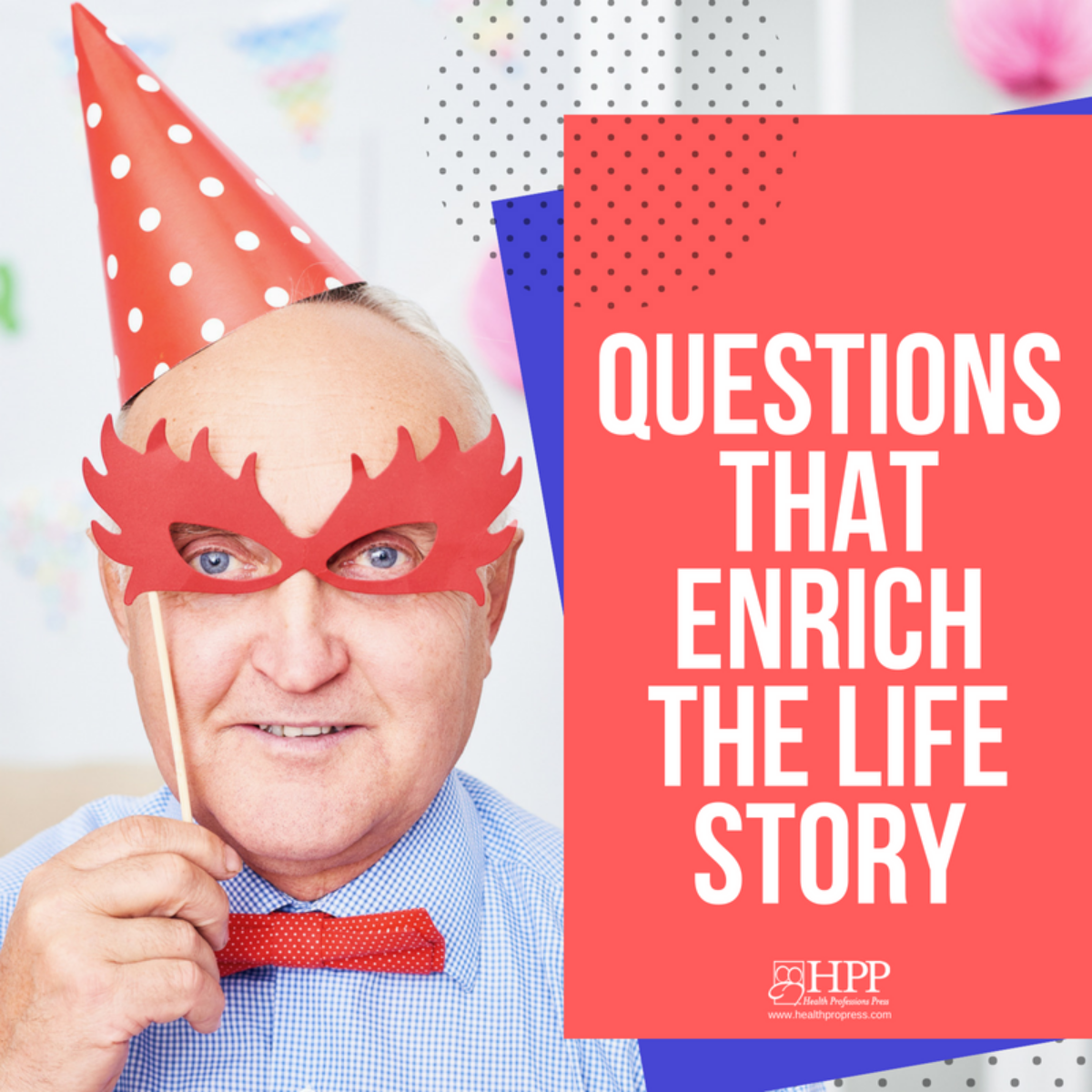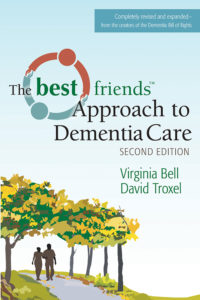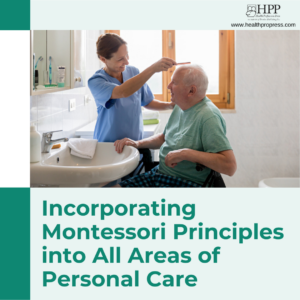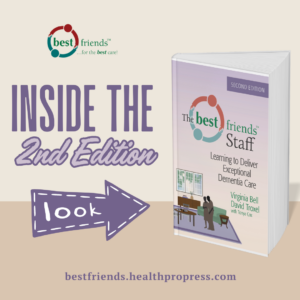
Questions that Enrich a Life Story
The Life Story in dementia care is a person’s right to be known and be among people who care. To help ensure that right, you need to learn a lot about the person and incorporate that into your everyday relationship.
You can use this knowledge to bring up favorite memories and special achievements, provide cues, and take advantage of past preferences and interests. Life Story information enhances conversations, helps customize activities, allows us to better understand behavior, and helps us redirect with greater success.
Play detective when writing a Life Story! Looking beneath the surface can pay many dividends in knowing the person with dementia better. Unusual questions can reveal much about the person’s attitudes toward life, whether you learn the answers from the person or from friends and family. Because we are hoping to get an idea of the person’s values before the onset of dementia, these questions are written in the past tense, but whenever possible, try to obtain present-day answers as well.
Unconventional questions that can add extra richness to the Life Story:
- How would the person have enjoyed spending New Year’s Eve? In the middle of Times Square, out dancing, or home with a book?
- Did the person have a favorite book? Would he or she have preferred a good mystery novel, Shakespeare, the Bible, poetry, an auto repair manual, or The Old Farmer’s Almanac?
- If the person was stuck on a desert island, what three things would he or she wish to have? (Assume that there is food, drink, and shelter.)
- How would the person’s desk (or kitchen shelves and drawers, toolbox, or barn) have been organized?
- Would the person have looked at life thinking the glass is half full (optimist) or half empty (pessimist)?
- Would the person have held onto the first dollar he or she made or spent it right away?
This post was adapted from The Best Friends™ Approach to Dementia Care, Second Edition by Virginia Bell and David Troxel. Copyright © 2017 by Health Professions Press, Inc. All rights reserved.
Read the book!
 The Best Friends™ Approach to Dementia Care
The Best Friends™ Approach to Dementia Care
Second Edition
By Virginia Bell, M.S.W. and David Troxel, M.P.H.
Copyright © 2017 by Health Professions Press, Inc.
Successfully implement this relationship-centered approach to dementia care that builds on the essential elements of friendship—respect, empathy, support, trust, and humor.





Add comment